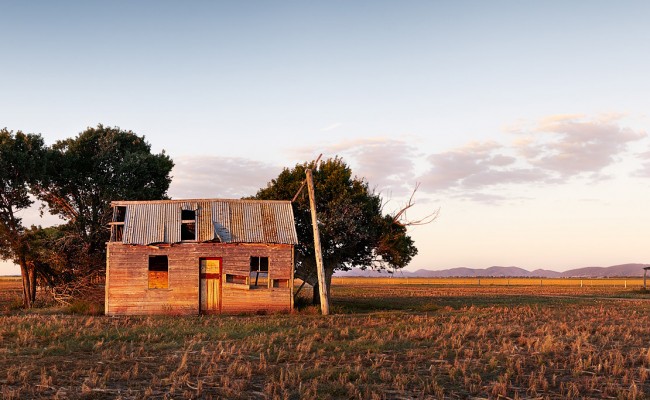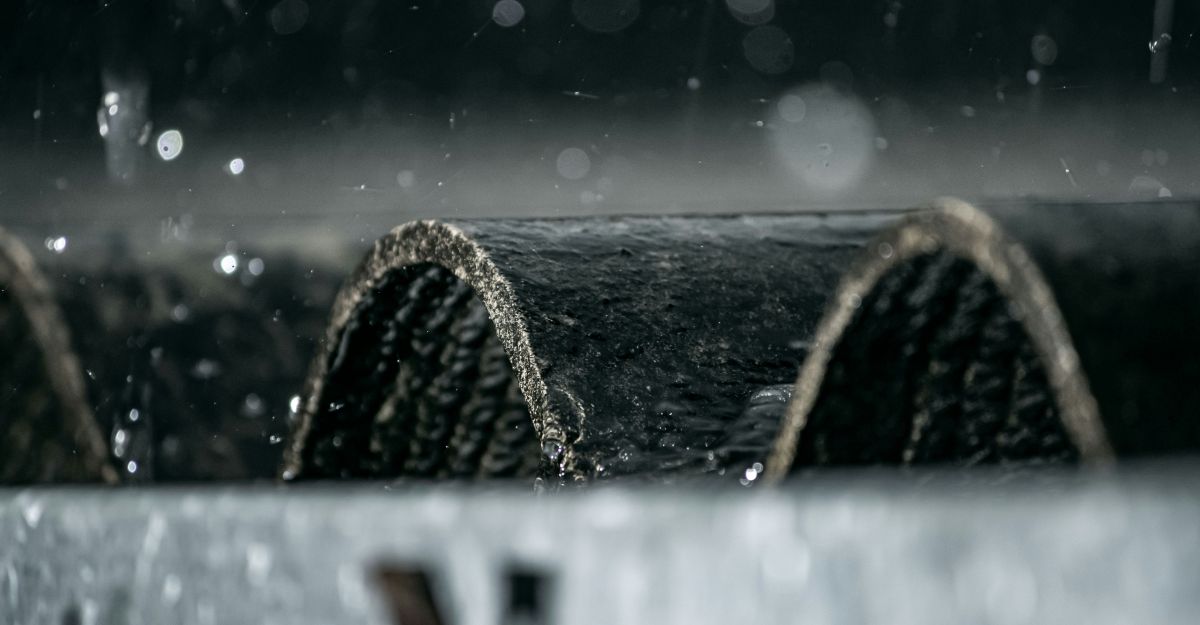One way to read poetry in Australia is to see it as being in a constant state of conflict. For the most part, this is a cold war where poets argue with poets in very poetic ways – the outcry about Geoff Page’s Southerly blog probably counts as the outer limit of this activity, which manifests more often in email exchanges, reviews that are compliment sandwiches or gossipy asides. Sometimes this breaks out into the open, as we saw when John Kinsella took out a restraining order against Robert Adamson and Anthony Lawrence and which the Sydney Morning Herald covered in 2006.
Recently, however, there has been fuel on the fire. This has oriented itself around the newly released Puncher & Wattman Anthology of Contemporary Australian Poetry. Following a review by Louis Nowra in the Australian, this past weekend saw the publication of a polemic by David Campbell in the same newspaper. There is an obvious politicisation of poetry and it seems like the editors are having their say on this matter as well. Campbell repeated many of Nowra’s criticisms including that much of the volume was ‘little better than minced prose’. In addition to Nowra’s position, Campbell attacked the volume on behalf of ‘bush poets’ who write ‘traditional rhyming verse’. He lamented the fact that they had been ‘airbrushed’ from history by their exclusion from the anthology. One might be tempted to argue what ‘traditional’ or ‘free verse’ or ‘bush poetry’ mean for Campbell, but what was striking in his piece was its closing paragraph:
Perhaps, if the ‘ruling majority’ showed more respect for traditional verse, something that can already attract hundreds of people at a time to festivals across Australia, it may just help to spark renewed interest in poetry and make us less like ‘beggars fighting over the contents of a dumpster’.
In this paragraph, Campbell’s target becomes clear. It is the ‘ruling majority’ (more a spectral presence than a named set of actors beyond the anthology’s editors); their major crime, the promotion of ‘free verse’. I do not quite know what free-verse poetry is for Campbell because he does not offer a definition. But I agree with him that we need a proper debate. This is not only to ‘spark renewed interest in poetry’, but also to keep raising consciousness in terms of reference that make sense. What might lie hidden in all this is that poetry is part of a battle for national identity, something that anthologies prompt and which people beyond poetry are interested in as well.
And, on that question of identity, one cannot immediately assume that to express an attachment to the country need take the form of a bush ballad, that traditional verse is the only authentic mode of expression. Where would we be, after all, without Indigenous song poems that are the tradition of this continent? Or indeed the work of Les Murray or Kinsella, whose many poems do not all belong to the ‘traditional verse’ Campbell suggests? This is to say nothing of the Anthology’s great many poems set in the bush that are formally experimental. I say this as someone who is probably among Campbell’s targets because I do not easily conform to the traditions as he describes it. This is despite the pleasure I gain from the yarns I listen to in Witchcliffe (in regional Western Australia) and a reading diet that includes many traditional verse icons from Banjo Paterson to Henry Lawson. This is in addition to Aboriginal people in my family, a father from the white rural working classes, and places and community groups I belong to in country Australia. Speaking from this position, I would defend the formal inventiveness common to much contemporary poetry. After all, it can also express attachment to rural places. Why can’t we enjoy all the camps of poetry rather than decry the lack that seems to exist?
I would also suggest that the aim of the Puncher & Wattman’s Anthology is not completeness and, like Campbell, Corey Wakeling ably highlighted the absence of several avant-garde or experimental poets in his review in Cordite. One would also notice a lack of slam, spoken word, tabi. From this, one must assume that the anthology is a slice of the pie with a contemporary designation. Its opposition is not ‘the traditional’ like Campbell claims, and I do not think the absence of certain poets is intended to cause ‘irritation’, but rather that no anthology can be encyclopaedic. Choices must be made and, as Campbell himself notes, the introduction does say it will be a ‘critical review’.
What might be more telling is the following sentence from Campbell: ‘I find this blinkered attitude frustrating because I’m caught in the middle.’ If one is in the middle build a bridge, be a point of connection rather than dismiss it: see the anthology for what it is, which is a very good attempt at what counts as contemporary poetry. This is something I detailed in my review in Westerly. In that way, I am not represented in the volume and I am a poet who belongs to no camp as well, but what I appreciate about Puncher & Wattman and Campbell is the care they have shown to our field. What might be necessary is not so much an anthology that attended to all the different sides of the conflict but a way of creating a poetic culture that allowed it to flourish with a sense of proportion and direction. Perhaps then we might get the hundreds of people watching a dumpster fire that is warming as well as illuminating.







